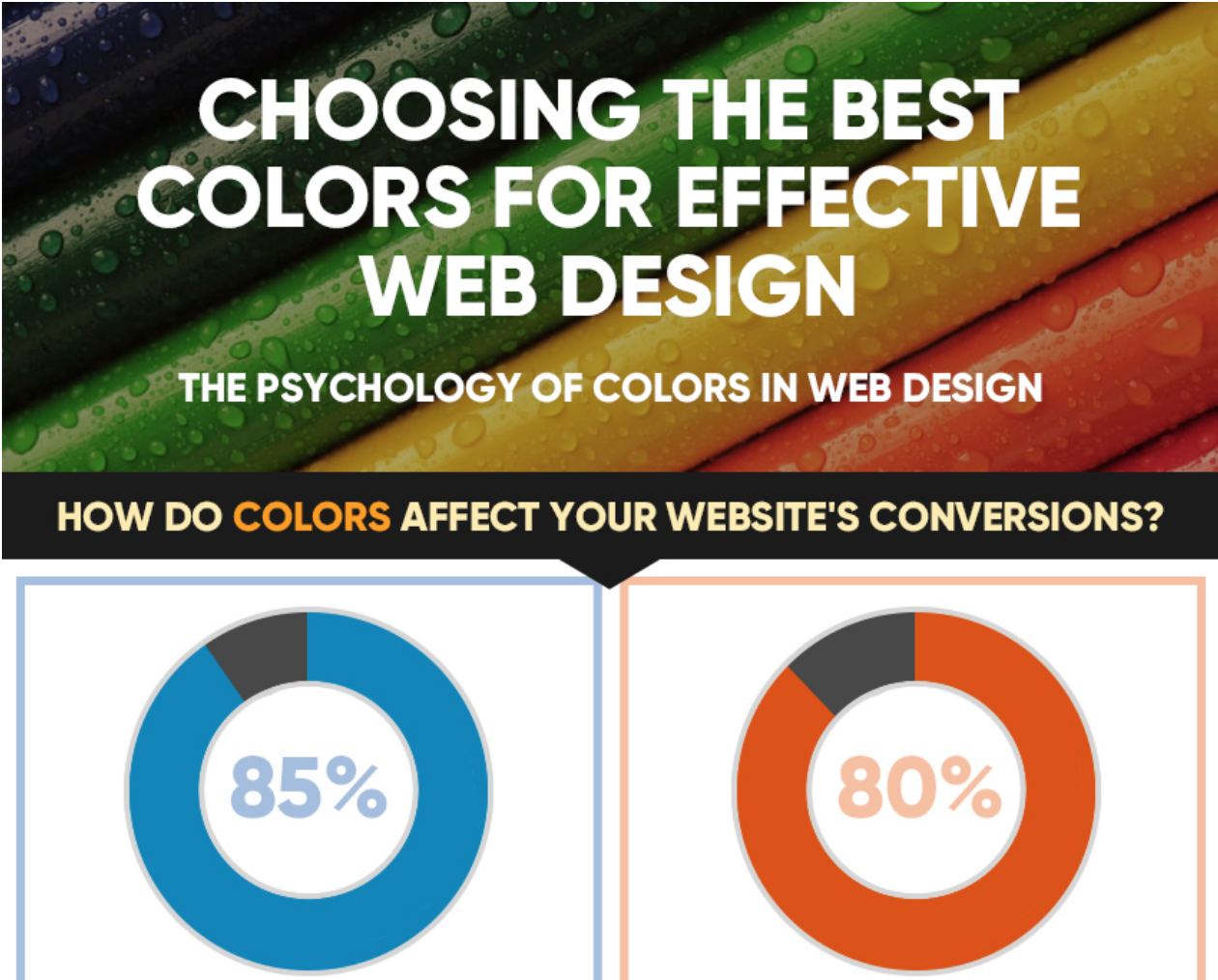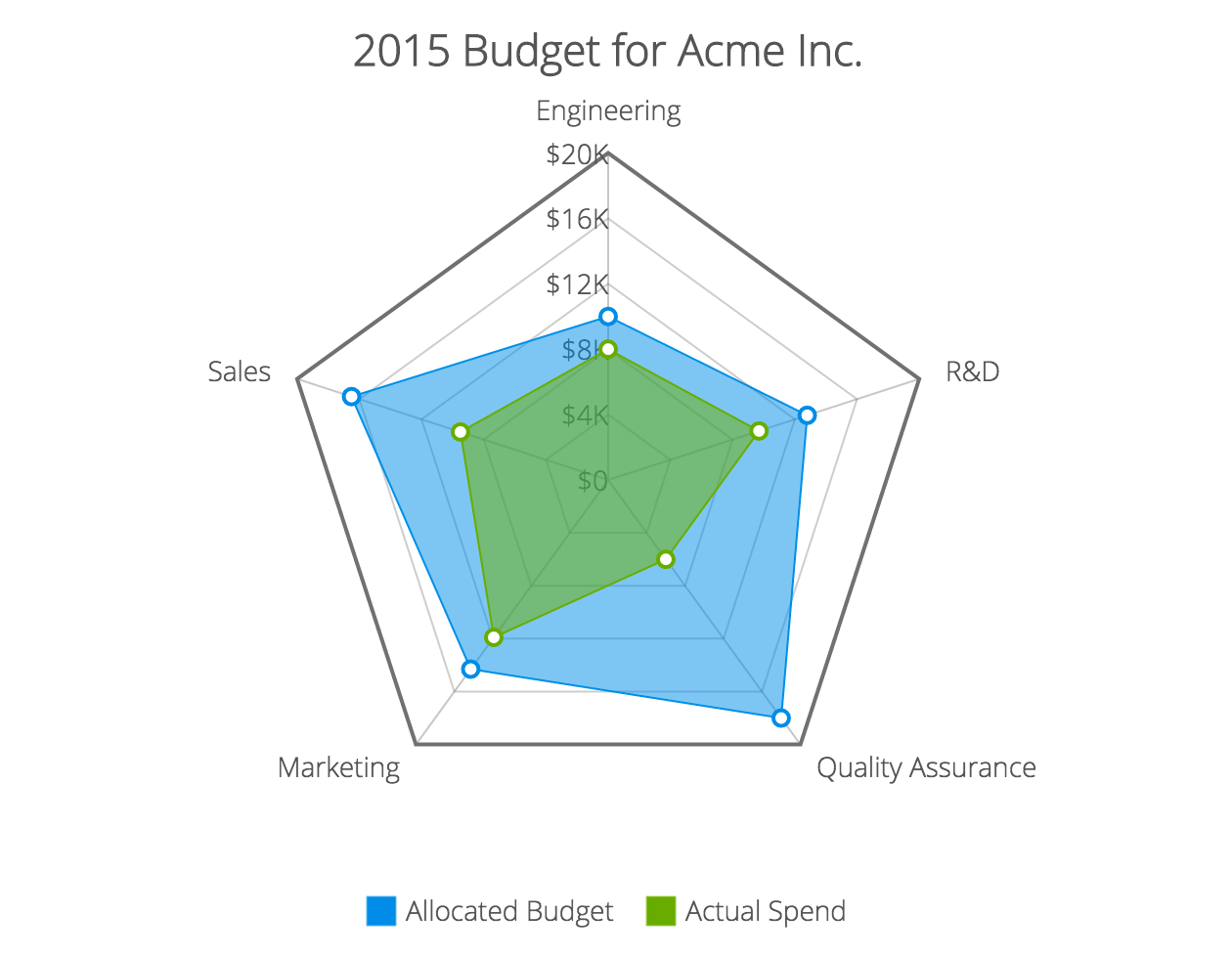Typefaces and fonts are at the forefront of design, whether it be designing a word document for work or designing a Fortune 500 website. The fonts that we choose can determine how we portray ourselves – as an individual or a business. Thanks to our friends over at Finer Hosting, a managed hosting provider, we’ve got an awesome iconographic for you. It presents some of the more common typefaces, what they are, and how to spot them in a crowd of millions.
Click Image to Enlarge
Provided by VPS






Awesome graphic…but where’s Comic Sans?
I like the graphic, but how is this an evolution? Shouldn’t an evolution be linear.
agree 100%. its interesting but not an evolution at all.
As a Venn diagram, this is useless: What do the overlapping areas mean? What typefaces fall into those areas?
And, despite the hype, how the hell is this going to help me “spot” anything in a crowd of millions?
“an awesome iconographic”???? REALLY?!?!
This is no better than a glorified grouping of typefaces. What part of this is an “infographic”? The fact that there’s a few statements sitting on a designed background? This is not “awesome” this is TERRIBLE.
As el stated, the Venn diagram is used to show relationships where a surface area overlaps. What is this showing? That x% of Blackletter typefaces are really Sans-Serif, and that another y% are Serif? What percentage is that? How many Blackletter typefaces are there?
Why are there difference color circles behind each broad category? What does the color signify? How did the creator figure out the surface area for each category? Did they take a poll at dafont.com or off of their computer? Are they talking about physical typefaces or digital? All of them? Western typefaces? Did they even think to include non-western typefaces? How does Kanji come into this infographic?
There are HUGE holes in this infographic. Rather than doing what an infographic ought to do, (display data using graphics) this does nothing but spread disinformation.
F+
Sorry for the rant, I’m just so sick of people calling designs infographics when it’s just a step up from a children’s book: a statement coupled with a graphic.
Dude! Chill out! You sound like a pompous A-Hole! Seriously! You wrote a friggin’ term paper here, man!
Hahaha that he did. Typography is some serious stuff man, especially when put into a whimsical little presentation. I sense some jealously 😛
Evolution is not equal to linear… evolution would branch off.
Agreed, however, that the Venn-ness of this doesn’t illustrate evolution… but it’s for grouping purposes. Anybody who actually thinks this is a Venn diagram isn’t paying enough attention.
It’s quite clear that the evolution is illustrated in the text — old style, transitional, modern… etc.
There’s no evolution in the text: Egyptian are older than the rest (of the serif typefaces). “Evolution” should be erased and the colorful Venn diagram… just makes attractive a lazy “infographic”.
Interesting presentation!
Agreed that the overlapping circles are not functional, and that it lacks some essential steps, but still, what Jayk refers to as “grouping” IS an actual evolution.
Yet it’s not well displayed at all.
The graphic suggests all typefaces came from blackletters and that sans-serif typefaces would date back to the renaissance, which is completely wrong – let aside that the chosen terms refer to visual rather than historic characteristics of type.
So I’m with Domanique, it’s no infographic, and it doesn’t display the evolution of type, rather just a rough grouping of styles with colored circles to decorate.
I don’t see how this was meant to be a Venn Diagram. Neither do I see a big deal in the presentation (good or bad). It appears to simply be nice little nuggets of information about typefaces, arranged in chronological order and sized by popularity. I think the overlapping circles and colors are just there for aesthetics. I’m sure if it was a diagram there would be a key somewhere explaining what the colors and sizes represented and more info on numbers. Some of us are frustrated because we still can’t find an easy enough way to group and sort our font collections lol. If anyone found an easy way please let me know. Thanks!
By the way, I learned quite a bit from this chart that I didn’t know before. I’m a Graphic Designer by talent, not by formal education so theory on design and related subjects (even in its simplest form) is help for me. I think maybe the artist could’ve used green for the “Script” circle instead of 2 shades of orange. I think in terms of color space we can be misled by the serif and script sections having such a similar hue. I didn’t know about “Blackletter” typefaces until today. Are there any other typeface categories? Where is a good place to learn all about typefaces? Can’t get too much info 🙂